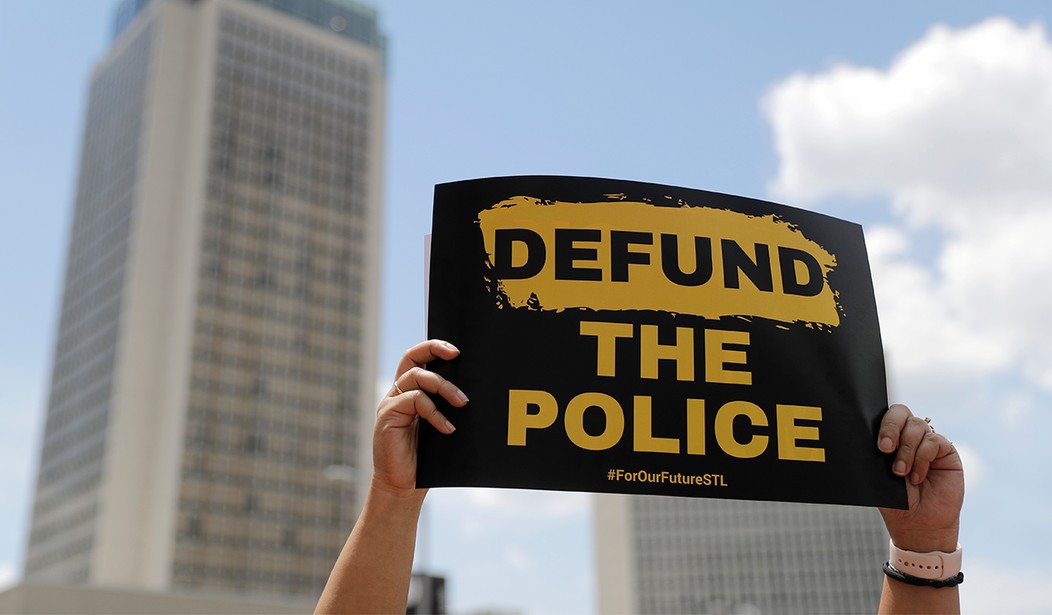Burlington, Vt. is a city of 44,000 on the shores of beautiful Lake Champlain. Like most large and medium-sized cities, Burlington was the target of activists looking to defund the police because of racism and white privilege.
The city is about 6% black, and racial incidents involving the police have been few and far between. But Burlington is a very woke college town and the city council decided that defunding the police was the only option to achieve “justice.”
Three days after a proposal was introduced to cut the police budget in Burlington by 30%, it passed the city council by a vote of 9–3. There were no hearings on the issue and precious little discussion. One council member who voted against the measure said it felt like “pulling something out of a hat.”
“We made this decision with no public process,” she added. “Nothing was sent to committee for discussion. No effort was made to reach out to groups beyond the activists.”
Though Dieng wanted police reform, he said he wanted it done with care.
“Let’s not be reactive,” Dieng said. “Let’s be proactive.”
“I remember telling the people back then that if we do it this way, we will regret it.”
The unintended consequences appeared quickly. Slashing the police force through attrition, a process that some councilors assumed would take years, instead took months.
Police officers left the department in droves, most citing a lack of political support. The department rolls dropped from 95 to a catastrophic 64. What should have taken years took a few months.
The results were predictable.
Because there were fewer officers, many specialized positions — including those dealing with drug trafficking and street crime — got the ax. “It’s easier to break things than it is to fix them,” Chief Jon Murad said.
It was on Church Street, Burlington’s busy downtown strip, where many of those incidents and the possible impact of defunding seemed most visible.
Sharing the street with other residents and tourists are individuals struggling with housing instability, mental health and substance abuse — all issues aggravated by the pandemic.
Since the police force shrank, however, officers have had to spend a greater percentage of their time on higher priority issues and less on quality of life.
Those “quality of life” issues are more than nuisances or annoyances.
Mark Bouchett, who owns a homegoods store on Church Street, said defunding hit hard for many independent business owners. Quality-of-life issues stacked up, and he became concerned after several female employees said they felt unsafe walking to their cars at night.
He also said many business owners became “terrified” to raise concerns publicly.
“If you speak out against defunding the police force, you’re labeled a racist,” he said. “Or at least an idiot that doesn’t understand the problem.”
That’s a “quality of life” issue, too.
Related: Defeated Across America Tuesday, ‘Defund the Police’ Is Dead
Burlington, like many cities and towns, is having second thoughts about defunding the police. ”We can’t defund without refunding, the whole point is to fund something else,” said Councilor Zoraya Hightower. “And we didn’t do anything for a very long time.”
It was Hightower’s defund-the-police resolution that originally led to the chaos. Now the Council has authorized BPD to hire up to 10 community service officers, an unarmed position that supports basic police operations like parking enforcement. The Council also authorized the hiring of three “community support liaisons,” social workers who work alongside the department to respond to calls related to homelessness, mental health, and substance use.
Hiring back community service officers might be possible in a quiet little city like Burlington, but even there, the police department is behind the curve when it comes to re-establishing public order. And that should be the end game for everyone, regardless of race, creed, or ideology.










